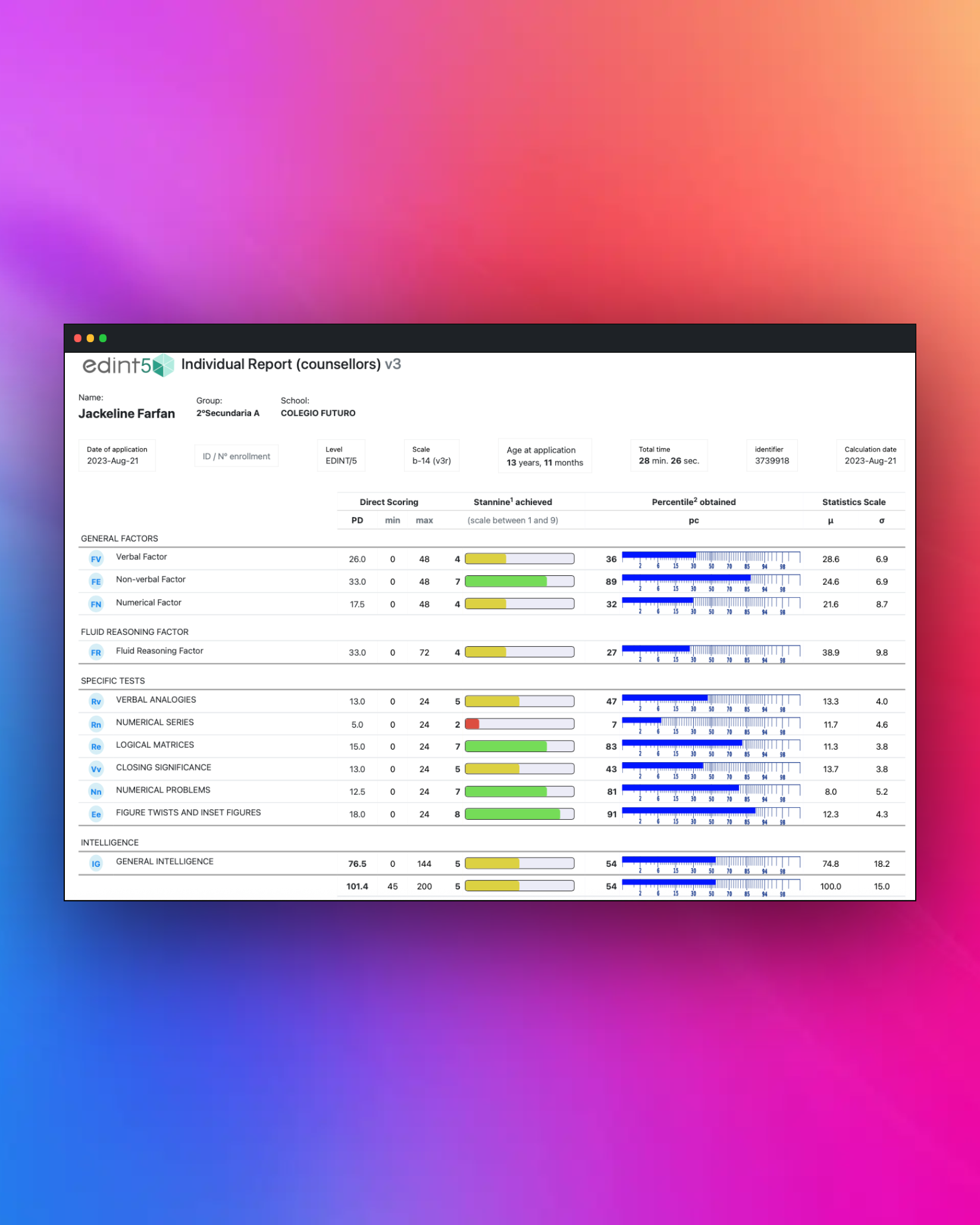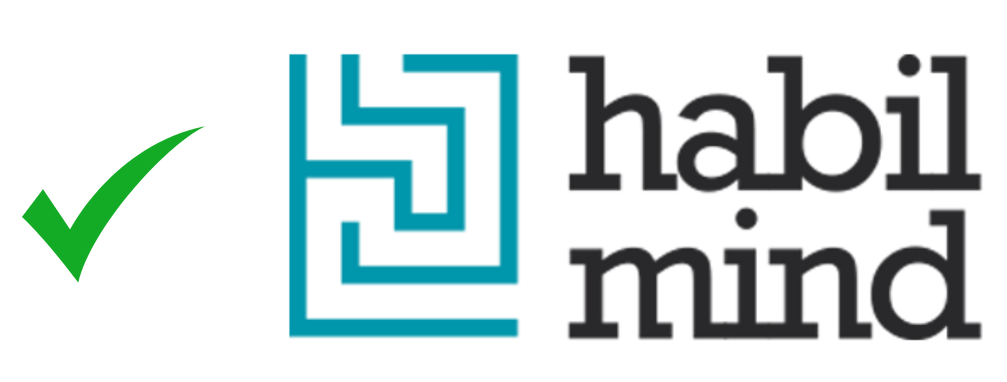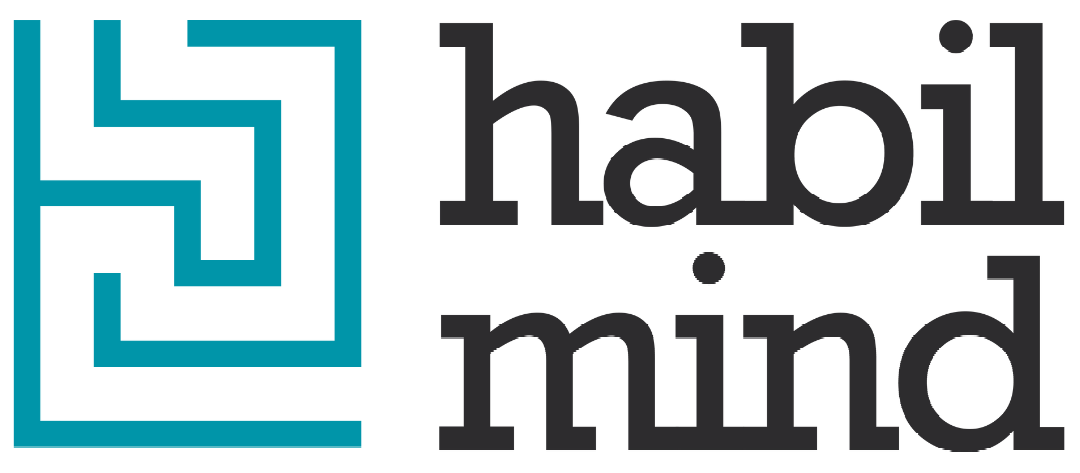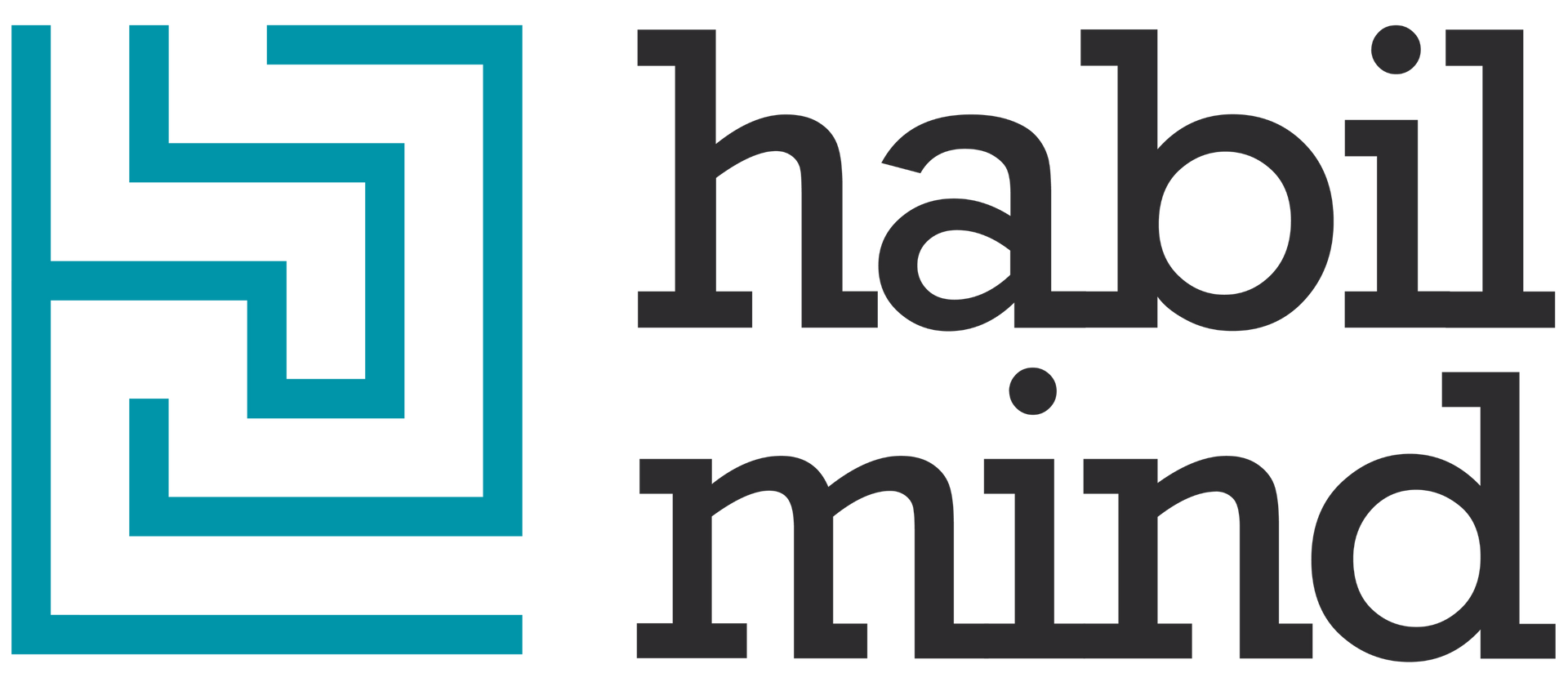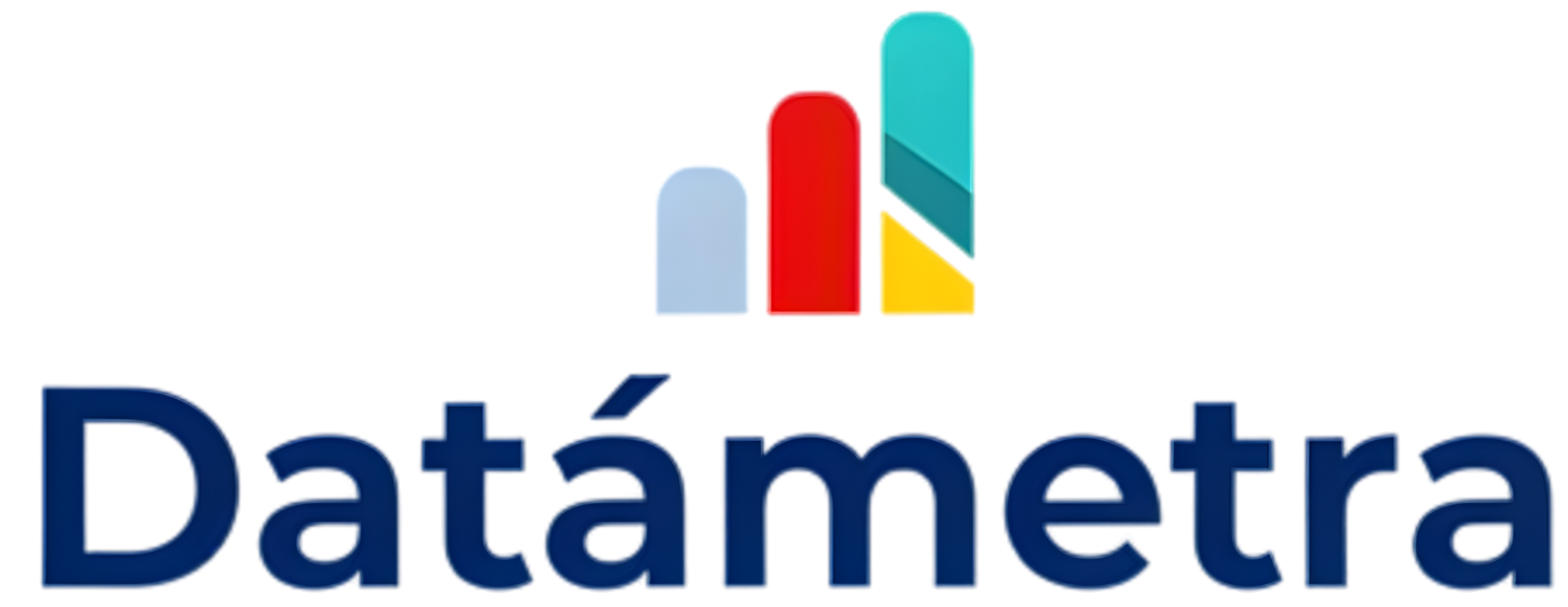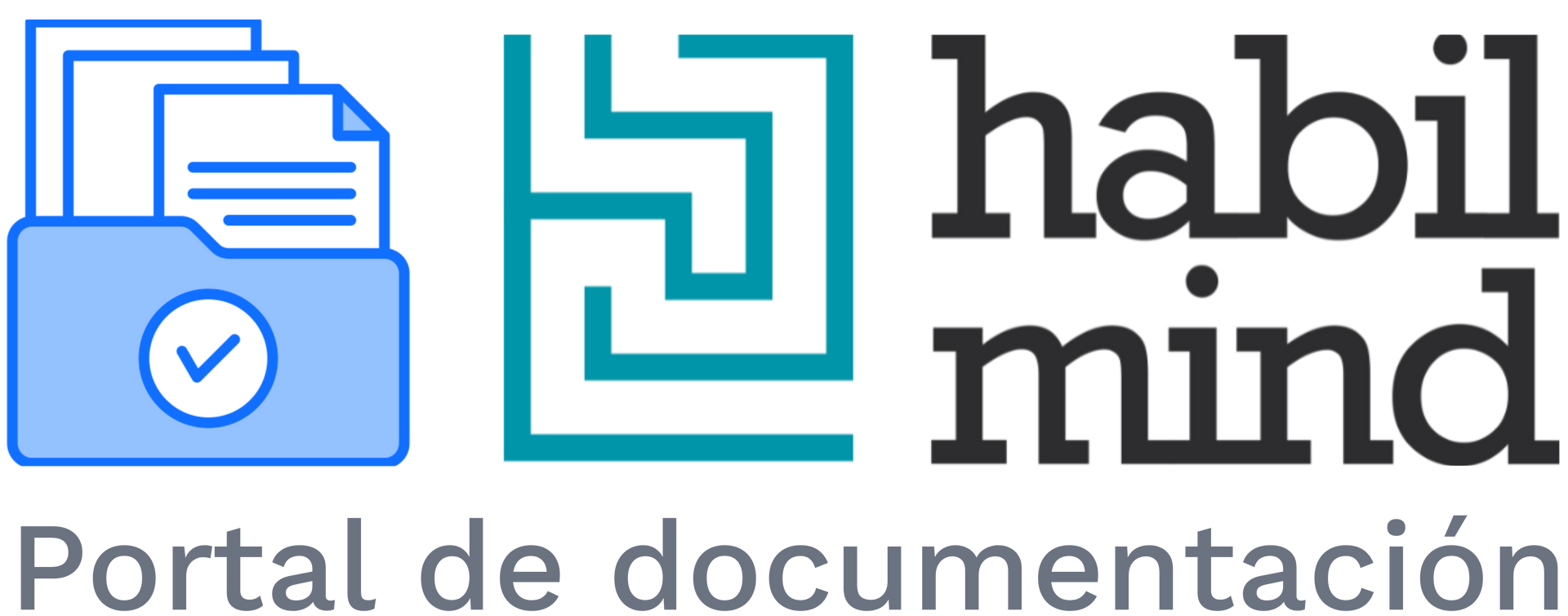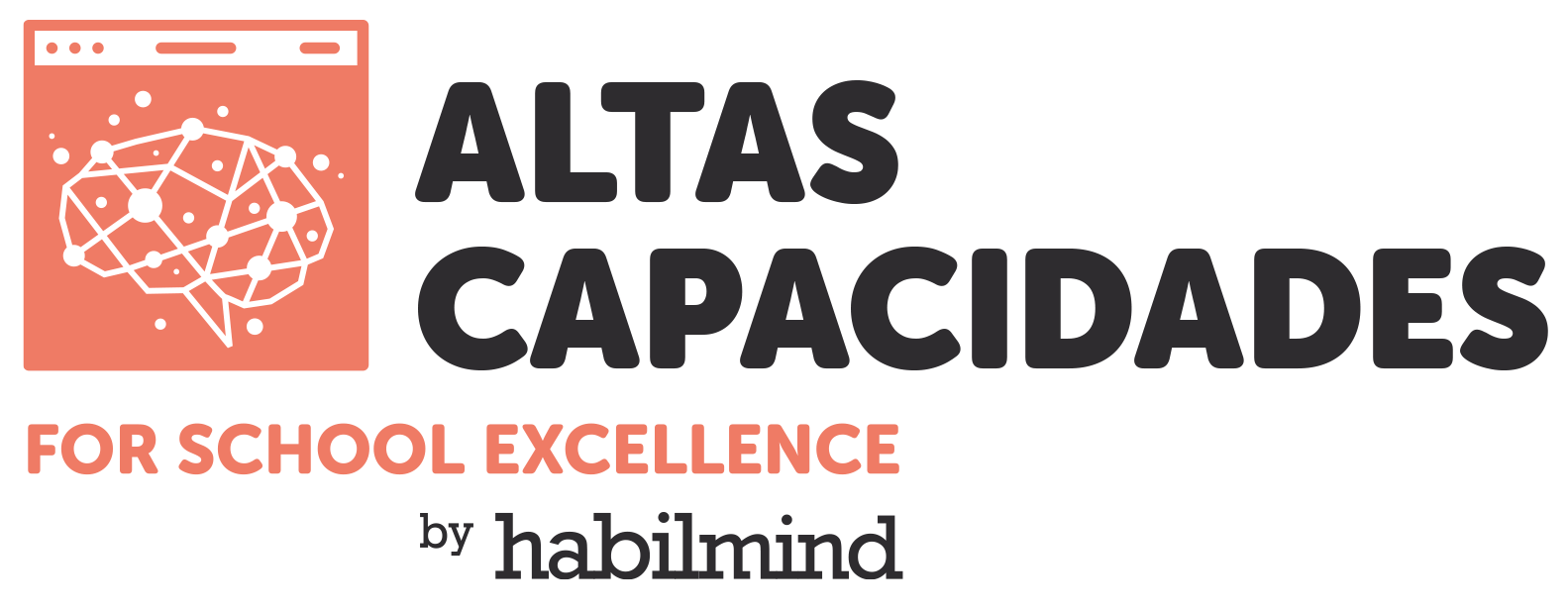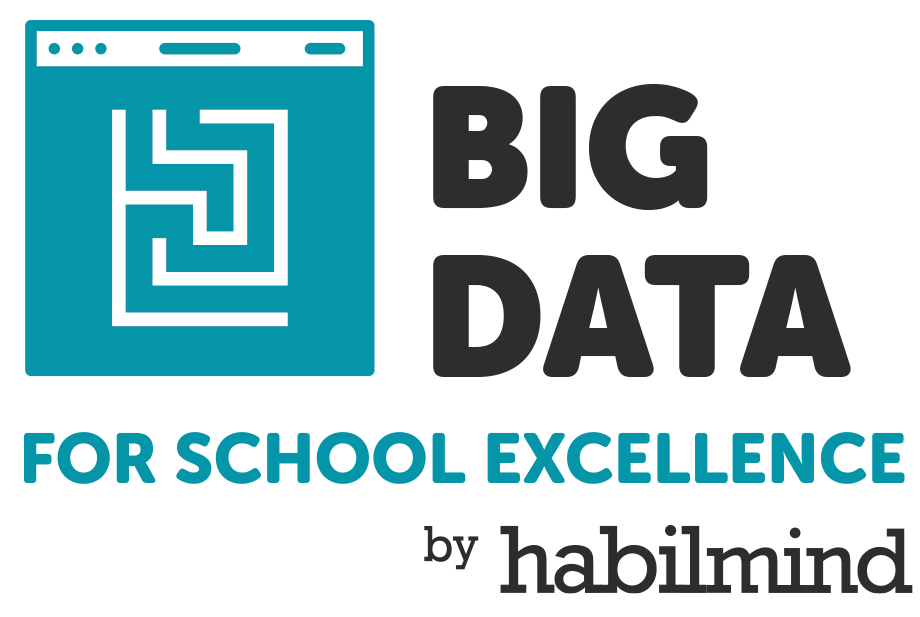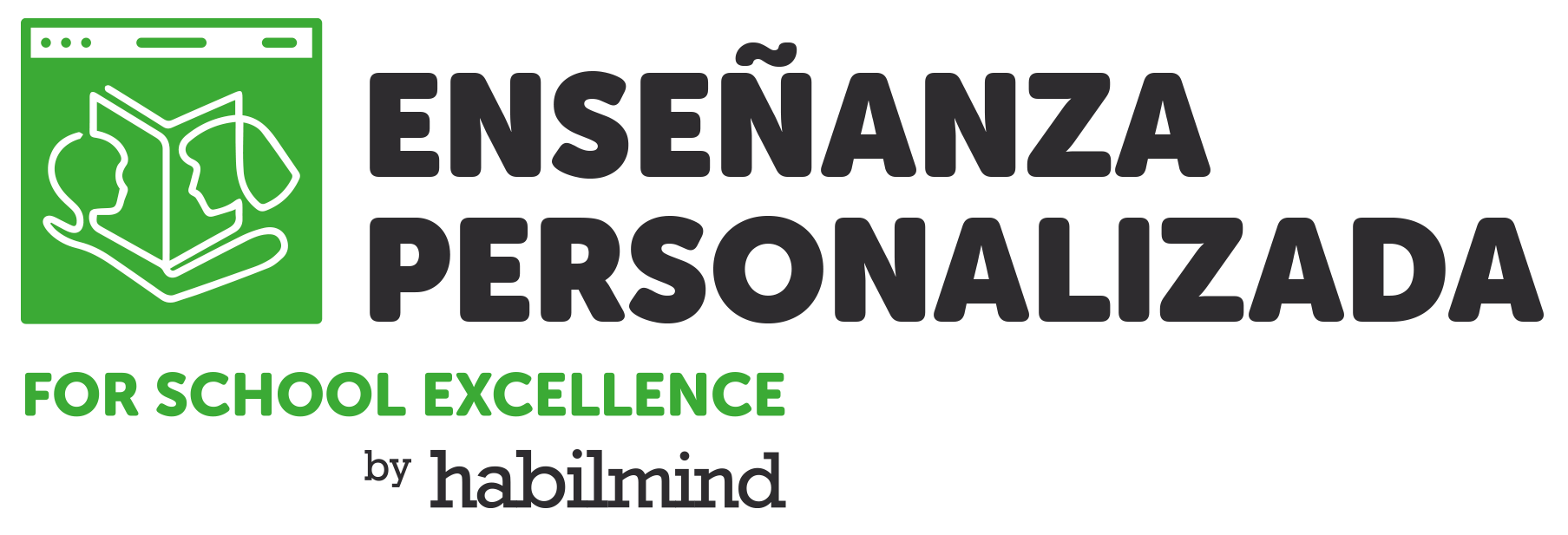Habilmind > Related to the Detection and Intervention of Gifted Students > Intelligence Development Scales
EDINT: Intelligence Development Scales
By Carlos and David Yuste
Analysis of a set of mental abilities that reflect the structure of intelligence.
ℹ️ Application: Collective and individual
🕓 Duration:
- Level 1 & 2: 6 min.
- Level 3 and above: 20 min.
✅
Applicable age: 3 years 6 months to 20 years
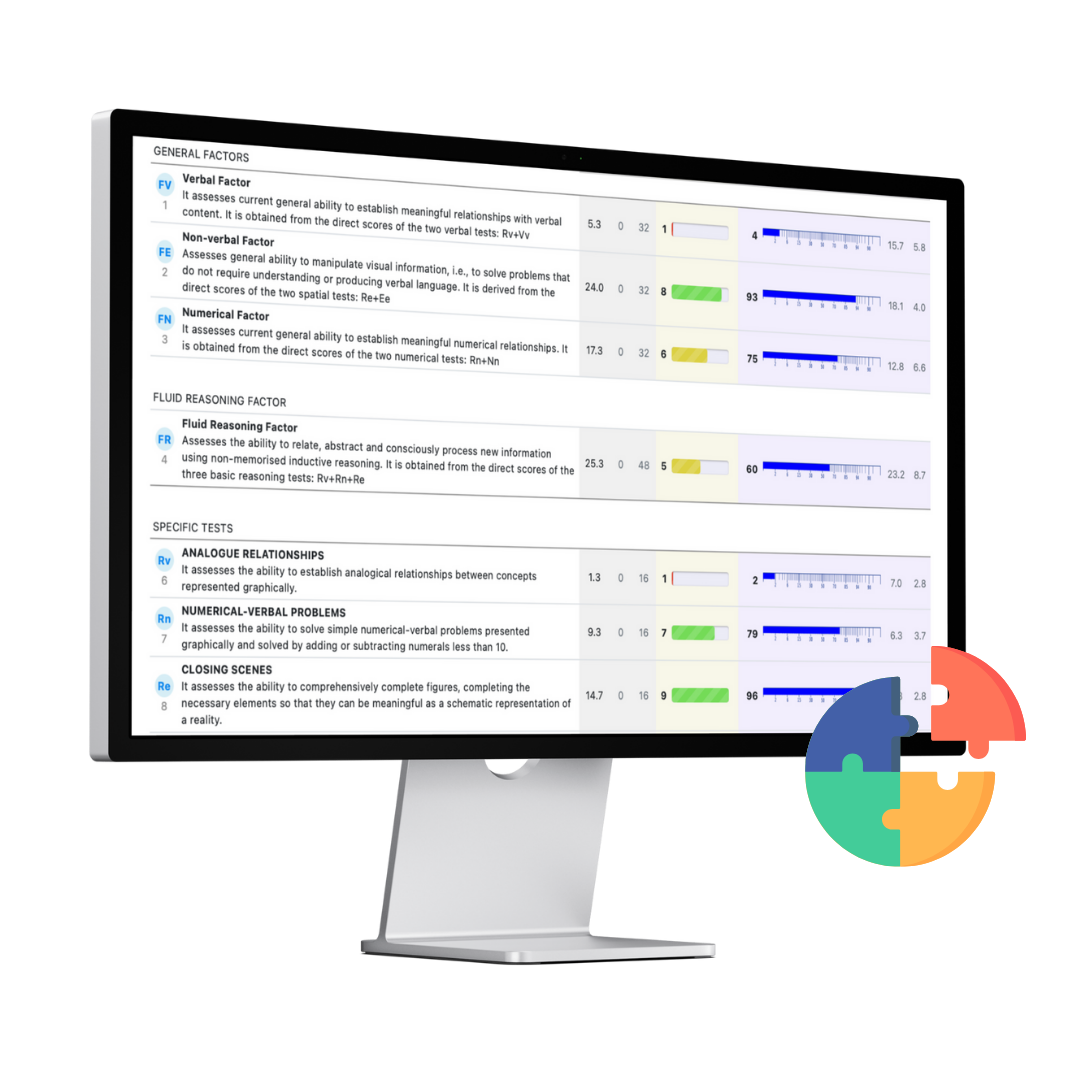
Authors

Carlos Yuste
Author of the most widely used cognitive test in the Spanish-speaking world for over 30 years: BADYG.

David Yuste
Psychology specialist and developer and instructor of digital whiteboards, Office tools, Google tools, and design.
What does your school obtain from this tool?
01
Anticipate
Possible learning difficulties.
02
Detect
Giftedness
03
Intervene
To diversify attention towards the evaluated population.
04
Educational guidance
The results provide valuable information for educational planning.
05
Assess the impact
Through the re-administration of the tool.
Problems you prevent (or mitigate) with EDINT
1. Lack of attention to diversity: Identifying students' mental abilities through the EDINT test allows teaching to be adapted to each student's individual needs, promoting more effective attention to diversity and preventing situations of exclusion or marginalisation.
2. Inequity in academic assessment: Using the EDINT test enables a more precise identification of each student's strengths and weaknesses, contributing to a fairer and more equitable evaluation based on potential and abilities rather than mere content memorisation or specific skills.
3. Difficulties in career guidance: Understanding students' mental abilities helps provide more effective academic and professional guidance, identifying areas of interest and potential for skill development, thus facilitating decision-making regarding their educational and career paths.
4. Reduced school dropout rates: By adapting the educational approach to students' individual needs, the risk of academic failure and dropout can be minimised, fostering greater engagement and motivation in the learning process.
Intervention at the Colegio Pureza de María Auditorium in Madrid by Carlos Yuste
Carlos Yuste gives a talk on the topic "Importance and relevance of group cognitive analysis to improve learning" in the auditorium of the Pureza de María School.
Check prices and benefits instantly
Use the “Prices” button to view the available plans and choose the one that best suits your school.
Free trials are available for schools, colleges, institutes, universities, clinical psychologists, and researchers.






